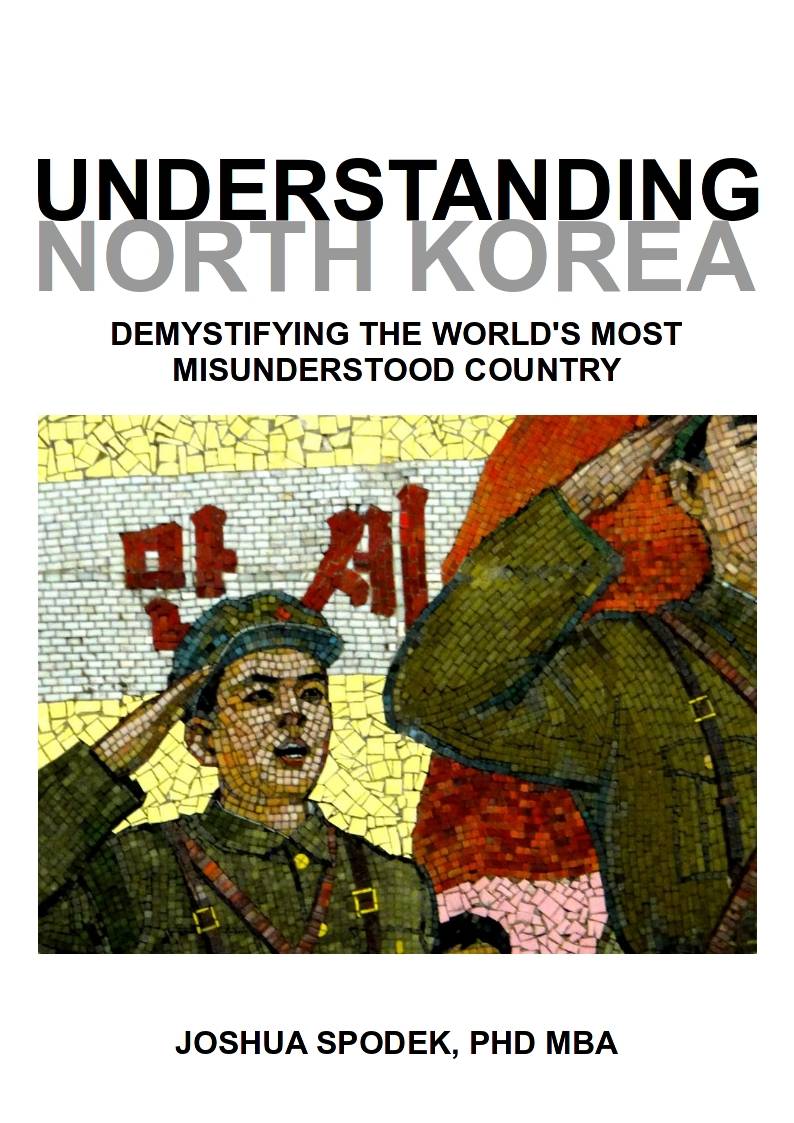North Korea’s uniquely extreme isolation and disparity of power and wealth means you have to think of it differently than most other countries. Today I’ll present a toy idea not for serious consideration as is, but to provoke thought and promote new, potentially effective ideas or improve other plans. I call it a toy idea so no one accidentally takes it seriously on its own, but plays with it to help generate other ideas.
Here are the main ideas leading to it
- North Korean power is concentrated to probably a few dozen people.
- However much others may dislike their decisions, from their perspective, decision-makers choose rationally.
The toy idea
My toy idea, again not for serious consideration as is, but for promoting thought and other ideas, is to give the few key decision-makers a better alternative to maintaining the status quo — basically a witness-protection program — in exchange for leaving and giving up North Korea’s sustainable competitive advantage: its isolation.
- Determine the top decision-makers
- Offer them a better life outside North Korea, including
- A higher standard of living than they now have
- Security from retaliation
- In exchange for allowing information of the outside world, which could be internet connectivity, radio or television sets open to any frequency, or the like.
You could also look at it like one corporation hiring all the key executives from another.
In few or no other countries could influencing so few people transform a country. Most other countries aren’t isolated so their systems of control are more resilient from having had to respond to many outside pressures.
North Korea’s system depends critically on keeping information out to create internal support. Allowing information in destroys the isolation and domestic support.
Witness protection plans work. So does hiring away key executives. That’s why we use plans like that.
Imagine a key decision-maker within North Korea offered the chance for a big house wherever he wanted, free education for his kids, guaranteed income, anonymity, a new identity and so on. He may have to leave his home, but he’s got to start thinking of how much safer he could be elsewhere. I suspect that if you’re not Kim Jung Il, your standard of living rests on his whim. Plus knowing all his colleagues get the same offer, they must be considering it too.
This offer removes the possibility of justice or avenging the suffering this decision-maker may have caused the people of North Korea, but consider an average citizen’s perspective, or even the perspective of someone who suffered personally.
After decades of stability, that person couldn’t expect the same old strategies to work. If this worked, you could say, yes this decision-maker got off without punishment, but it reduced future suffering in a way nothing else could.
Costs
What would the toy idea cost? I would think anyone other than Kim Jung Il or his successor would seriously consider a million dollars plus a new identity in a different country as better than their current insecure situation. Including his family might bring the cost to ten million dollars per key decision-maker (paid out over time, mind you).
For, say, one hundred decision-makers and family the total cost might be about a billion dollars, which I consider at the high end, since not all hundred would need as much, what do you get?
The potential for freedom to tens of millions of people and potentially stopping the further development of nuclear weapons.
Problems
Obviously the plan has serious problems. How would you implement it? How could you guarantee their safety? What system would replace them? What would the military do? Many simple and obvious question devastate the toy idea as is.
Moreover, many people will likely find not punishing some people morally outrageous, one of the reasons I’m not seriously proposing it, just suggesting it for consideration.
Even so, I believe it has merit and could be part of a greater overall plan.
—
EDIT: I included much of this post and this series on strategy (edited and polished) in my ebook, Understanding North Korea: Demystifying the World’s Most Misunderstood Country. I wrote the book to help increase understanding, communication, and freedom.

